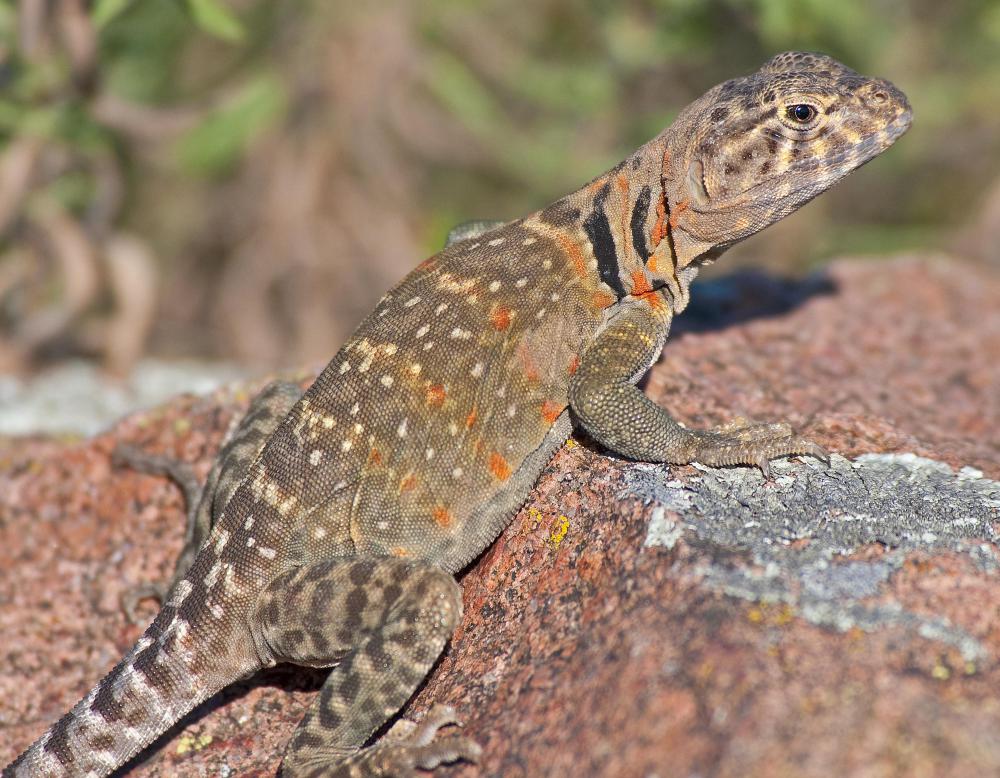At WiseGEEK, we're committed to delivering accurate, trustworthy information. Our expert-authored content is rigorously fact-checked and sourced from credible authorities. Discover how we uphold the highest standards in providing you with reliable knowledge.
What is the Animal Welfare Act?
Enacted in 1966, the Animal Welfare Act is a law passed by the United States Congress that provides for the oversight and regulation of the treatment and use of animals in research settings as well as in transport, during exhibition and by dealers. Initially, the purpose of the Animal Welfare Act was limited to safeguarding the welfare of animals used for research or experimental purposes, but this act has been amended many times since 1966 and been made more inclusive of the animals and circumstances covered by it. Enforcement of the act falls under the Animal and Plant Inspection Service (APHIS), which is a division of the U.S. Department of Agriculture (USDA). Countries such as the United Kingdom, Japan, and Switzerland have enacted similar legislation protecting the welfare of animals.
The Animal Welfare Act mandated certain minimally accepted standards of treatment and care that must be provided for the animals that have been designated as being protected by it. Standards were established by the Animal Welfare Act to cover concerns such as basic humane treatment, care and handling. Included in the standards also are items relating to adequate exercise, nutrition, water, housing, lighting, ventilation, veterinary care and separation by species.

Only certain classes of animals are protected by the Animal Welfare Act. Excluded from coverage by the act are invertebrates such as worms or fruit flies and cold-blooded animals such as reptiles or fish. Birds, as well as rats and mice bred for research, also are excluded.
Warm-blooded animals such as dogs, cats, primates, guinea pigs and rabbits are covered. Farm animals used as research subjects are covered by the act, but those used in the production of food and fiber are not. The U.S. Secretary of Agriculture determines which warm-blooded animals are protected by the act.

In addition, the Animal Welfare Act affects animals only in certain circumstances. The standards of care required by the act apply directly to animal exhibitions such as roadside menageries, animals in research facilities, zoos, circuses and breeders of dogs and cats. The act also applies to transporters and dealers who breed animals for research facilities. Individuals and businesses that provide or engage in these activities and services are required to be either licensed or registered and are subject to inspections. Some businesses and activities, such as retail pet stores and state fairs or county fairs, are exempt from the Animal Welfare Act.
AS FEATURED ON:
AS FEATURED ON:














Discussion Comments
@Iluviaporos - I've got to admit I'm kind of disgusted that rats and mice aren't covered by this act in the first place. Rats are actually extremely intelligent and sensitive creatures. I hope there is some other law protecting them from unnecessary suffering.
@pleonasm - I would be interested to know whether or not they were actually breaking the law with their actions. If they are breaking it then they should be persecuted. But I suspect the law itself probably needs to be examined. I'm not an expert, but I feel like any animal welfare law that was enacted in the 60's is probably going to be out of date by now.
The fact that extensive and unnecessary animal testing still goes on is proof of that. I'm not entirely against animal testing, as I think it can be done in a humane manner for huge medical benefits. I am against testing cosmetics on animals when they don't really need to be tested or the tests can be done in other ways.
I've heard that in some cases animals are still quite badly mistreated on movie sets or on TV shows. Some so-called documentaries will actually capture wild animals and keep them in cages in order to release them at the right moment so their host can interact with them in the "wild". They don't much care if the animal is properly fed or housed in the meantime and sometimes the animal will even die before it is released again.
I feel like this is a slippery slope and that people should be more outraged about this kind of thing.
Post your comments